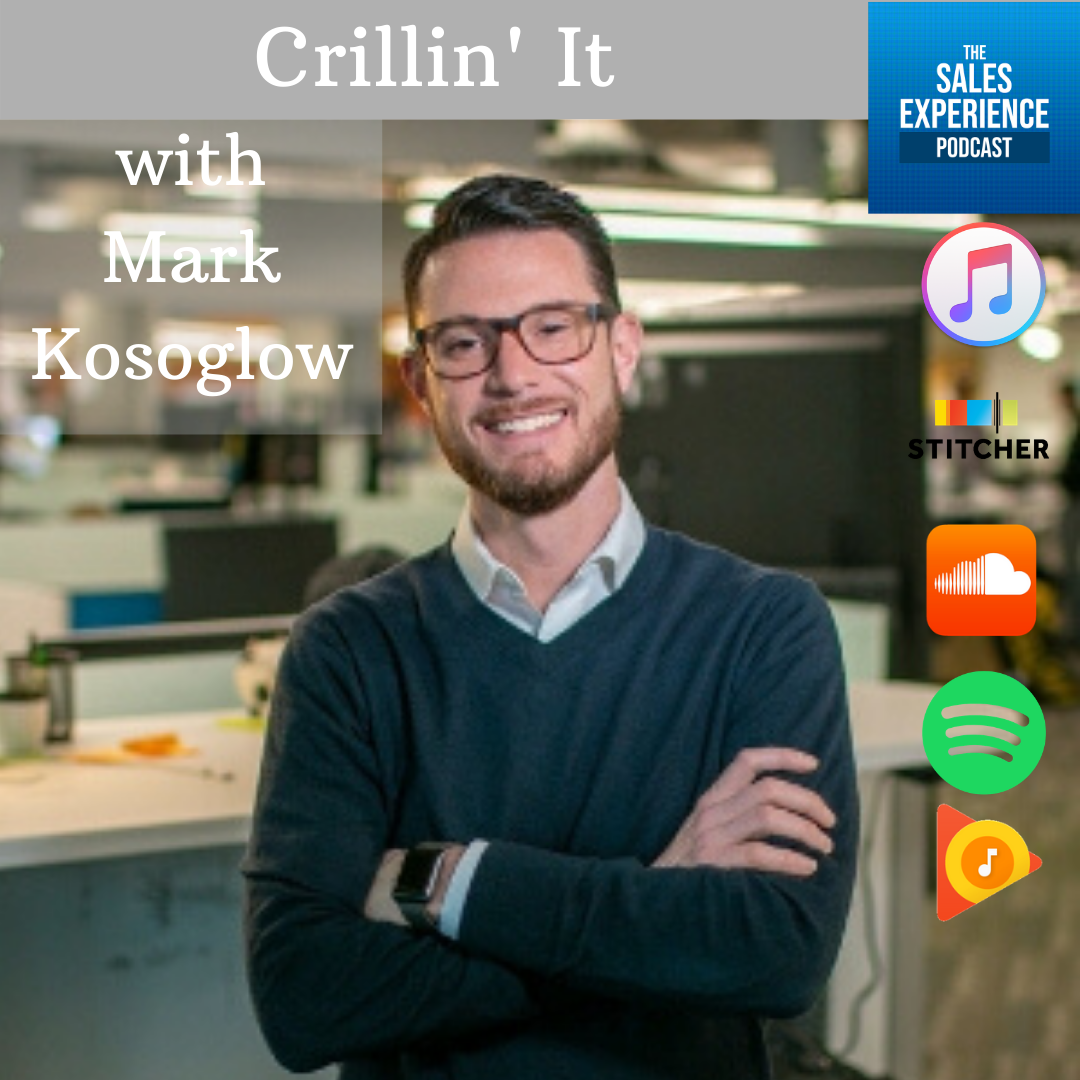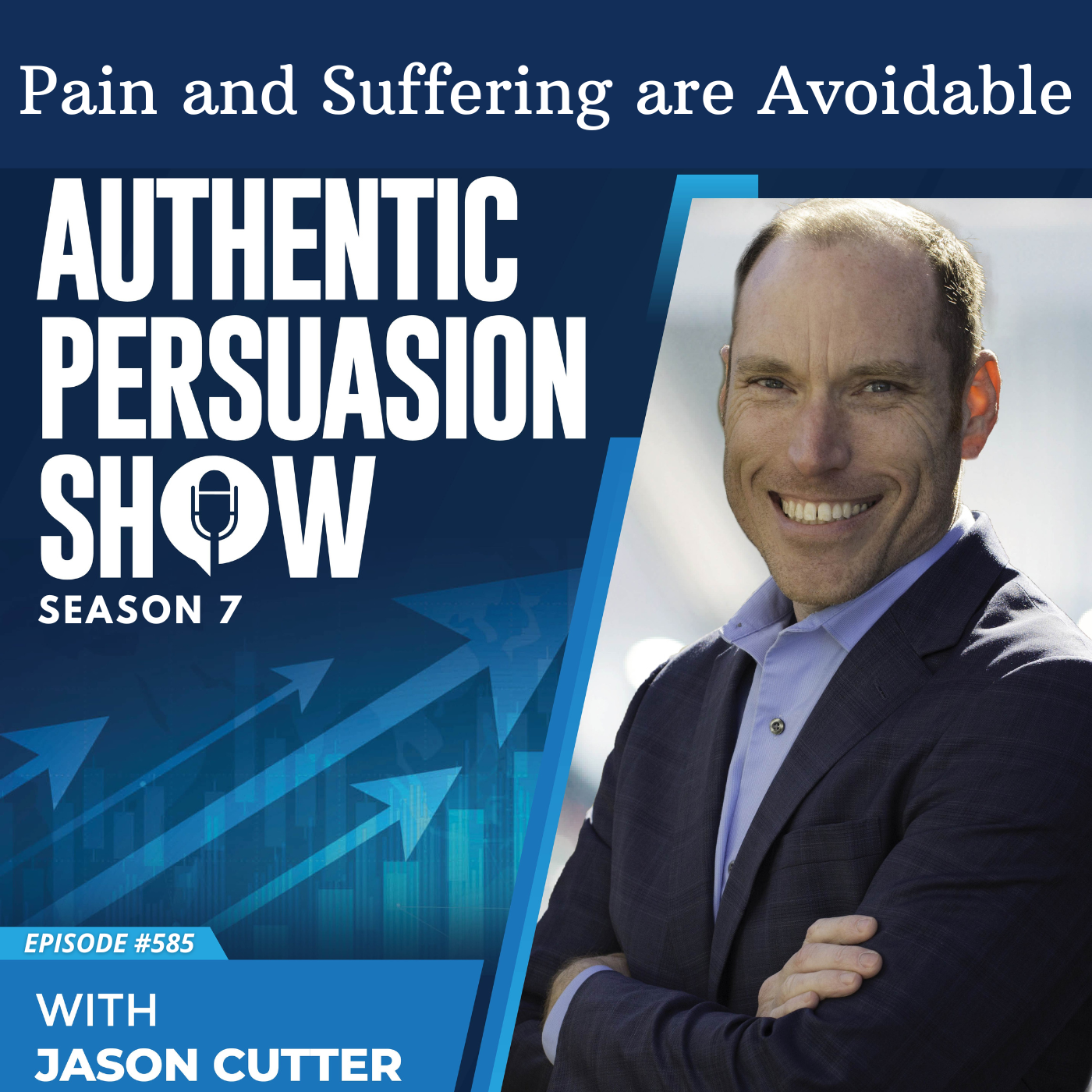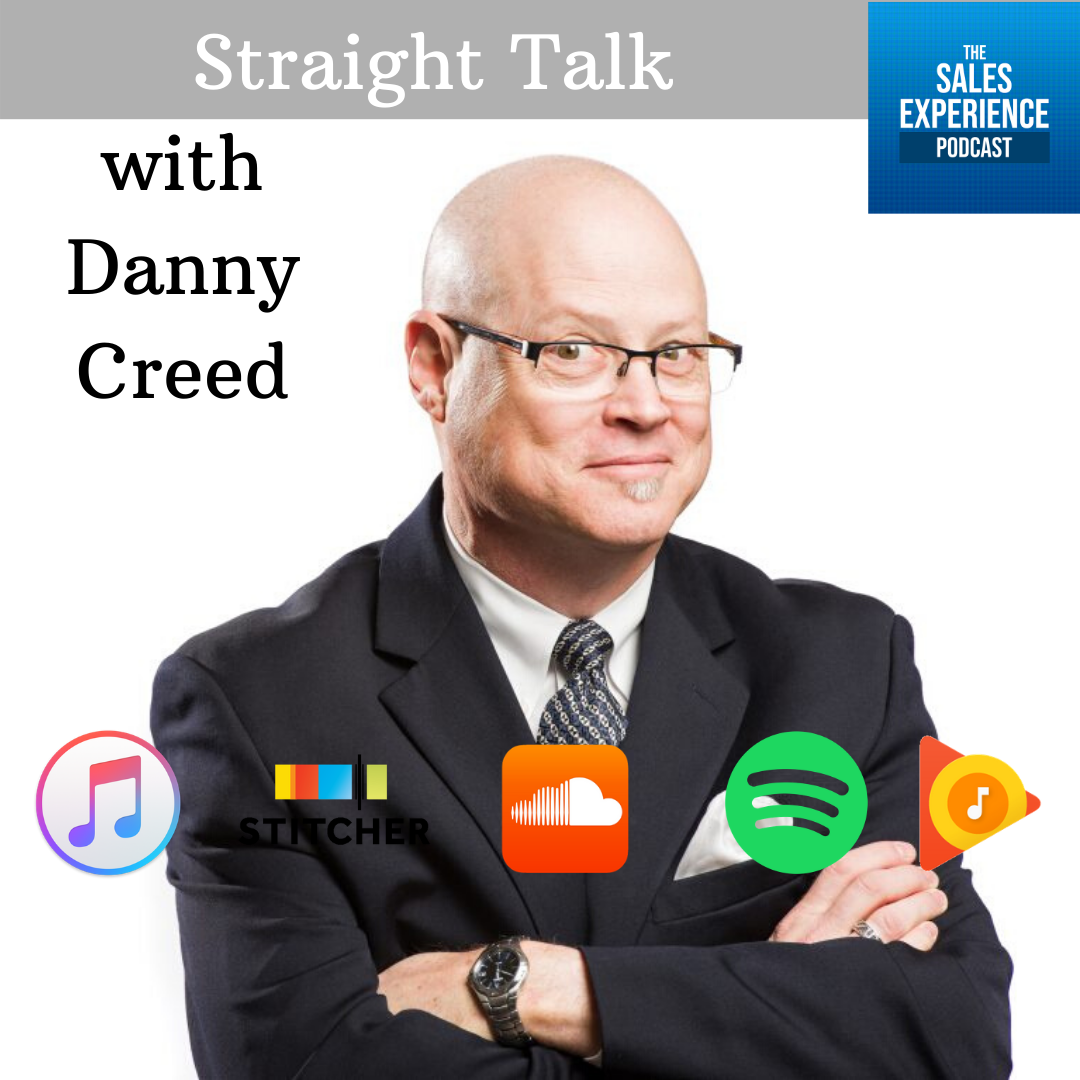Episode Transcript
Sam: So I'd say one of the most important traits in my opinion is to always be learning to try and develop yourself because we can all learn different things. LinkedIn is a great source of content. That's a podcast or books. So as YouTube, there's so much stuff out there.
So that's one of the key things. There's tons of other things for sales, but that's probably my first and foremost tip to anyone.
Jason: And I couldn't agree more. It's so interesting with all the salespeople and teams that I've worked with over the years. How the top people, the ones that really want to perform well and really see themselves as a professional, they're always learning.
They're always growing. They're always wanting new information. There's the ones who have been at the game a long time and they think they know everything and they don't want your feedback or your ideas. And then there's the ones who truly see it as, and you look at the top professionals in sports, they usually have multiple coaches because they want to always be the best.
So that's an interesting discovery you had. Now let's talk about the flip side with struggling reps that you've ever dealt with or seen, what could they do different?
Sam: So I guess it depends. If you're in a larger organization where you're not the only sales rep there, and you've got a team around you, then the first thing that comes to mind is look at the reps that are performing well.
So look at the guys or girls that are breaking target each and every month and ask them if you can mentor you, if they can help you, or if you can even pay them or take them out for lunch, whatever, take them out for a beer. Whatever they fancy and start learning from them because these guys are they're breaking targets They're doing something that if you're not performing you're not so understand start chatting with them So look, I'd love to learn from you how can I help you in return to just mentor you for a few days for a week and Those guys your girls are gonna give you the ideas the strategies.
They're gonna help you with the sales process They're probably gonna help you with talking people on the phone Nothing cold emails to learn from people that are better you is one of the best places And then once you've done that, just start consuming as much content as you can. So if you're driving to work, play a podcast in the car on the way to work, on the way back, or if you're hitting the gym, then do some learning instead of watching junk TV at the end of the day, try and watch a one or two episodes of things like some of the shows I recommend are the salesman podcast.
Absolutely fantastic. And I also sell secrets from the top 1 percent by Brandon Bonanson, as well as your podcast Jason.
Jason: Thank you. And it's interesting talking about somebody who's struggling and spending time with top reps. Some of the ones I've seen who have done it most successful back in the day when you actually worked in an office, in a call center, in cubicles or in desks, somebody who aspires for more and knows they're struggling and wants to learn from others actually want to move and sit next to that other person so they can just listen and absorb Everything all day and just be near that person who's performing.
So that's great advice. I always, so many times I've told people like, Hey, you're struggling. You should just hang out with, or take this person out to lunch or listen to their phone calls because it's all right there, right? If you want it.
Sam: Yeah. I think the most important thing as a salesperson is to actually have a sales process.
So it doesn't matter if it's. If it's Sandler selling, if it's Gap selling, if it's the Challenger sale, but have a process that you follow. So you're not just winging it. So you've actually got a structure to how you prospect, how you put people through your own process, how you do discovery calls, if you're B2B, how you do demos, how you follow up, how you close, but have a clear structure.
So you're not just blagging it. You're not winging it. You've got something that you can follow. That's consistent and repeatable.
Jason: Yeah. And I think that's one of the challenges. There's two things that happen, general personality type of people who go in sales. Want to be successful just by being charismatic, talking, making things happen by telling stories and just schmoozing.
If you will. There's that type of person, which they've always done well, just selling or talking. So they don't want to process. And then on the flip side, there's the ones who enter sales and there's just not enough training. There's not a structure. The company just assumes, Hey, you should be good at selling.
So go do it. And then that person is just flailing without a process. So that's really good advice as well. So let's talk about businesses shift a little bit like right now, or in general could be what are the struggling businesses that you've seen missing?
Sam: Yeah, it's a good question. There's most of my points are probably from a digital marketing standpoint.
That's where I come from. Where do I start? There's a lot of things. So often when I, it's such a broad topic. When I look at businesses, it depends what they're after really. Most B2B companies are going to be after. Getting a steady flow of inbound leads so they can fuel their sales team with as much pipeline as possible to generate revenue to generate sales.
So the amount of websites that I see on businesses, whether their messaging is not clear, so it's all geared towards themselves. So it just talks about how good their companies are. We've won these awards. We've got these awesome offices. We do these brilliant features and it's like you go on the website.
So I don't really care. I just want to know how you can help me. So they're not problem centric websites. What we recommend is that the websites actually talk about the problems that their customers typically face and how their product or service resolves those. So you're actually using your own customer feedback as the content of your website, and that way, if you're a prospect, you're actually thinking, yep, these are probably problems I face.
I'm more inclined to get in touch. Other issues are websites aren't easy to get in touch, so they make it really difficult to contact, to book a demo, to book a consultation, or whatever you want to get out of your site. A lot of the time websites aren't clear, so it takes ages to fill out a form, or it takes ages to get in touch, or make a contact request.
Often websites load very slowly, so that's another issue. And they don't have what's called social proof. What that means is where you have customer reviews, or customer testimonials, or accreditations. If you're accredited with GE2, or good firms, or All that kind of good stuff is ultimately if you're b2b and you want to generate leads Your website needs to fill your ideal customers with confidence and it needs to convert them So it needs to convert them from just being a visitor To an inquiry, to an inbound lead.
That's the goal for most of us. And then once you've got your website nailed on, then you need to market it. You need to actually enable people to see it. So whether that's through social, whether that's through Google, whether that's through paid advertisement, wherever you want to go down, depending on how quickly you want the inbound leads.
But those are just a few of the issues that I see. There's plenty more.
Jason: I bet there is. And I love that list. I think that list is very valid. Anyone who's running or owns a Especially a B2B sales company, definitely go through that list and check out your website. See how it does. It's interesting too, because as you were mentioning hard to get a hold of and then, or hard to set a demo.
I think of some websites that I go to for products for SAS type services that are out there. And yeah, it's okay, where do I find the info? How do I get there? Who am I going to talk to? How am I going to fill out a form? How's that process set up? Yeah, it is interesting in this day and age. It's 2020, right?
Websites have been around for a while and how ineffective they are.
Sam: Yeah, just to add to that. A lot of websites as well could increase their lead conversion rates if they shorten their forms. So a lot of the time you go on a site and you see a demo request and they're asking first name, surname, company name, email address.
What are you interested in? What's your budget? What's your time frame? All these things. It's like you're just making, asking so many questions. The person's going to get bored when all you really need is probably their name, email, their phone number, and then your sales rep can do the rest. Just ask the key information you need from that prospect.
And yeah, you're going to get more conversions. And then another mistake I see is that leads aren't followed up quick enough. So often I've had times where I've inquired on a website and then the company hasn't got in touch with me for another two days. Most of the time, as long as they're working hours, it should be followed up within an hour.
Jason: All right, that's it. That's the end of part two of the conversation with Sam and tomorrow we'll pick this up. Part three. If you haven't already, subscribe, rate, review, share this with everybody you know that's in sales and business, especially the point of views from Sam talking about marketing, where companies are going wrong, where they could be doing better in their digital marketing and their digital footprint.
So please share that with any organizations you think it could help. And I will catch you tomorrow. That's it for another episode of the sales experience podcast. Thank you so much for listening. If you find yourself on iTunes, can you leave the show a rating and a review? It helps other sales people and sales leaders find the show and please subscribe to the show and share episodes you find valuable with anyone you know in sales.
Help me on my mission of changing the way sales is done. And if you're ready to work together, go to Jason cutter. com. Again, that's Jason cutter. com. To find out how I can help you or your company create scalable sales success. I will see you on the next sales experience podcast episode, and keep in mind that everything in life is sales and people will remember the experience you gave them.
![[E287] Business Growth Evangelism, with Sam Dunning (Part 2)](https://episodes.castos.com/salesexperiencepodcast/images/Season-3-TSEP-Covers-3.png)


